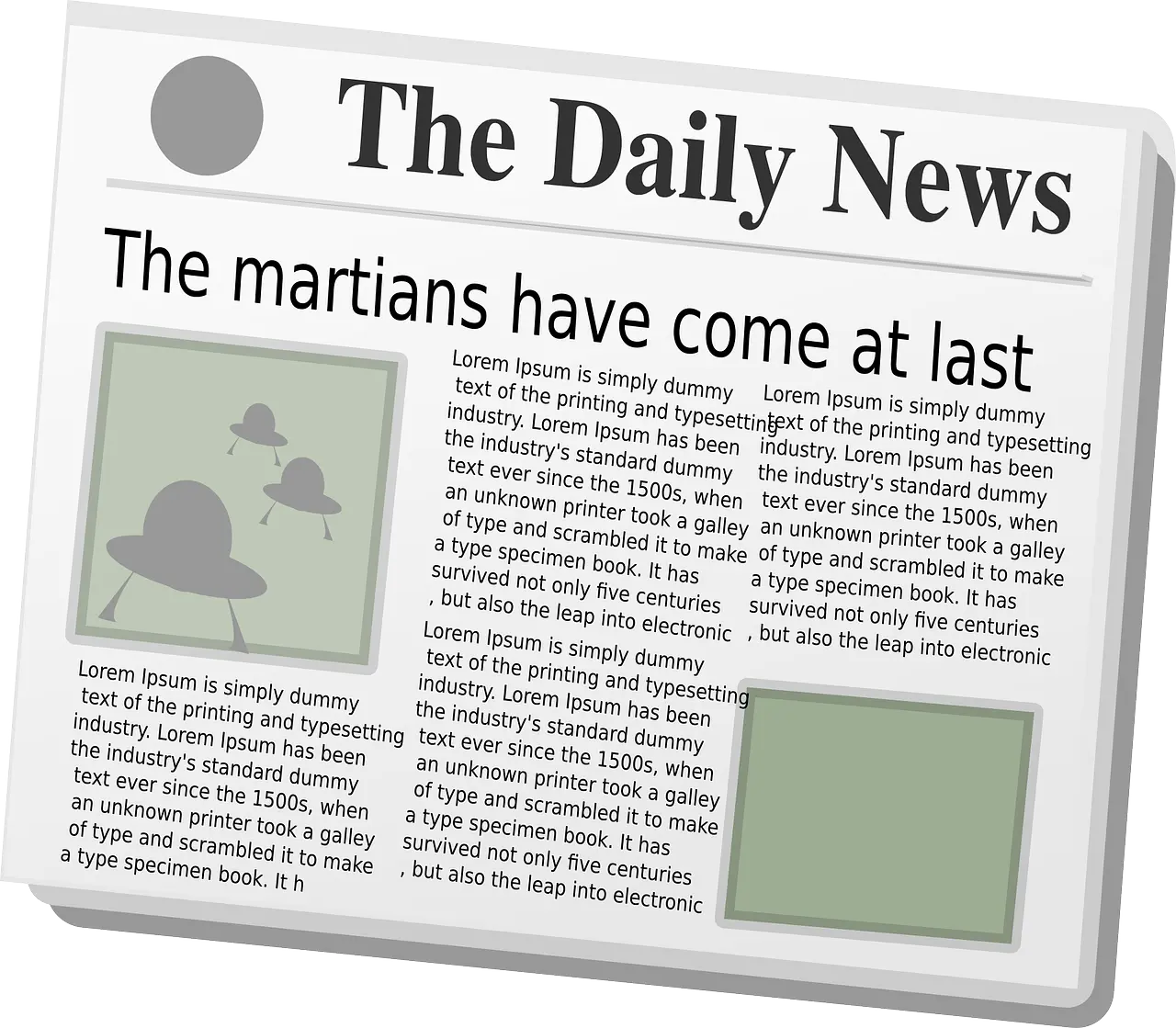In an era dominated by the influence of social media platforms, the question of regulation looms large on the global stage. With the proliferation of misinformation, hate speech, and online harassment, calls for greater oversight and accountability have intensified. Yet, the task of regulating social media presents a complex and nuanced challenge, requiring a delicate balance between safeguarding freedom of expression and protecting users from harm. This article examines the complexities of social media regulation, exploring the divergent perspectives, regulatory approaches, and the ongoing quest for effective solutions.
The Rise of Social Media and Its Impact:
The advent of social media has revolutionized communication, connectivity, and information dissemination on a global scale. Platforms such as Facebook, Twitter, and Instagram have empowered individuals to share ideas, connect with peers, and participate in public discourse like never before. However, alongside the benefits, social media has also become a breeding ground for misinformation, echo chambers, and online abuse, fueling concerns about its societal impact and the need for regulatory intervention.
The Debate Over Regulation:
The debate over social media regulation is multifaceted, with stakeholders expressing divergent views on the appropriate balance between freedom and responsibility. Advocates of regulation argue that unchecked platforms have enabled the spread of harmful content, facilitated the radicalization of individuals, and undermined democratic processes. They call for robust regulatory measures to curb misinformation, combat hate speech, and protect vulnerable users, particularly children and marginalized communities.
On the other hand, proponents of free speech and minimal regulation caution against the encroachment of government censorship and the stifling of online expression. They emphasize the importance of preserving digital freedoms, fostering innovation, and upholding the principles of platform neutrality. They argue that overly restrictive regulations could have unintended consequences, stifling creativity, and impeding the free flow of information.
Regulatory Approaches:
Countries around the world have adopted diverse regulatory approaches to address the challenges posed by social media platforms. Some jurisdictions have implemented stringent content moderation laws, imposing fines and penalties on platforms that fail to remove illegal or harmful content promptly. Others have opted for self-regulatory mechanisms, encouraging platforms to develop and enforce community standards and codes of conduct.
In the European Union, the implementation of the General Data Protection Regulation (GDPR) has sought to enhance user privacy and data protection on social media platforms. Meanwhile, in the United States, the debate over Section 230 of the Communications Decency Act has centered on the liability protections afforded to online platforms for user-generated content.
Technological Solutions:
In addition to regulatory measures, technological solutions are being explored to address the challenges of social media regulation. Artificial intelligence and machine learning algorithms are being deployed to identify and remove harmful content more effectively, including hate speech, misinformation, and graphic violence. Content moderation tools, such as keyword filters and image recognition software, are being developed to assist human moderators in enforcing community guidelines and standards.
However, the efficacy of automated content moderation systems remains a subject of debate, with concerns raised about their accuracy, bias, and potential for censorship. Critics argue that algorithms may inadvertently censor legitimate speech or disproportionately target marginalized voices, exacerbating existing inequalities and stifling dissent.
Corporate Responsibility:
Amid mounting pressure from regulators, civil society, and the public, social media companies are increasingly recognizing their role and responsibility in mitigating the negative impacts of their platforms. Many platforms have implemented policies to combat misinformation, enhance transparency, and promote digital literacy among users. Content moderation teams have been expanded, and investments have been made in technologies and tools to improve detection and removal of harmful content.
However, questions remain about the adequacy of these measures and the transparency of platforms’ decision-making processes. Critics argue that social media companies must do more to address systemic issues such as algorithmic bias, echo chambers, and the proliferation of extremist content. They call for greater accountability, independent oversight, and meaningful engagement with stakeholders to ensure that platforms uphold their social responsibilities.
The Role of International Cooperation:
Given the borderless nature of social media, international cooperation and coordination are essential in addressing regulatory challenges effectively. Multilateral efforts, such as the Christchurch Call to Action and the Global Internet Forum to Counter Terrorism, have sought to foster collaboration among governments, tech companies, and civil society in combating online extremism and terrorist content.
However, achieving consensus on regulatory standards and enforcement mechanisms remains a daunting task, given the diverse legal frameworks, cultural norms, and political sensitivities across jurisdictions. Striking a balance between national sovereignty and international cooperation is paramount in navigating the complexities of social media regulation on the global stage.
Conclusion:
As society grapples with the profound implications of social media on public discourse, democracy, and societal cohesion, the imperative of effective regulation has never been more pressing. Balancing the competing interests of freedom and responsibility requires a nuanced approach that acknowledges the complexities of the digital landscape while upholding fundamental rights and values. By fostering dialogue, collaboration, and innovation, stakeholders can work together to chart a path towards a more transparent, accountable, and inclusive social media ecosystem that serves the best interests of users and society as a whole.
In conclusion, the regulation of social media remains a contentious and evolving issue, with far-reaching implications for democracy, freedom of expression, and human rights. As technology continues to reshape the digital landscape, policymakers, industry stakeholders, and civil society must collaborate to develop regulatory frameworks that strike an appropriate balance between innovation and accountability. Only through collective action and ongoing dialogue can we navigate the complexities of social media regulation and harness its potential to foster a more informed, connected, and resilient society.






